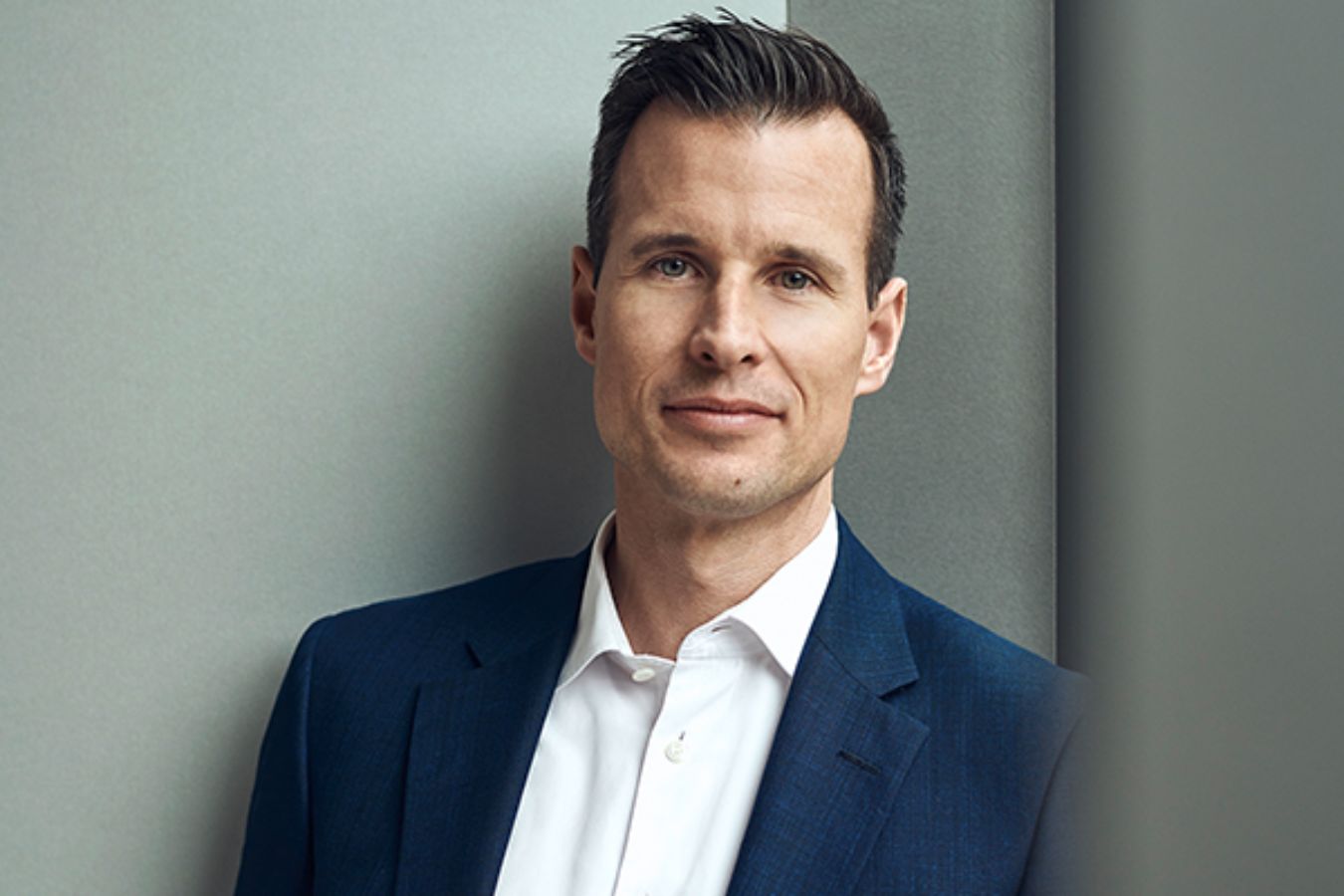Making money and caring for the environment are not mutually exclusive. On the contrary, these are two opposites that attract each other and depend on each other, and they are driving social and economic change. It is an economic chain reaction. The transition to a more sustainable economy waits for no one and you are either part of the solution or part of the problem. In other words, companies that are not doing their bit are likely to face critical questions from their customers first of all, and later encounter difficulties in raising capital. This is exactly where the much-discussed idea of sustainable finance comes into play. It offers a real opportunity to change the world of finance, and the world in general, by abandoning long-established, but now outmoded, economic mechanisms.
Eco-social market economy
The capital market is entering a new age. We are on the cusp of a new era of corporate finance, from which the whole of society is set to benefit. Investors’ capital, for example, will play a part in achieving the climate targets set by policymakers. This is the eco-friendly version of a social market economy.
It is the famous ‘invisible hand’, as described by economist and philosopher Adam Smith in the 18th century, that ensures a coherent system. To the benefit of all. What was once quite niche is rapidly evolving into a lucrative mainstream market. The total value of sustainable investment products worldwide was US$ 3.2 trillion in 2020, a rise of over 80 percent compared to 2019. What is remarkable is that we Europeans dominate this market with a share of almost 90 percent.
Top Financial Expert
Ulrich Bergmann has been the CFO of CHG-MERIDIAN since 2020. Prior to this, he worked at management consultancy KPMG for almost 20 years, the final eight of these as a partner. During this time, he audited and certified the first green bonds on behalf of banks. Sustainable finance has been close to his heart ever since.
Banks must show responsibility
Banks have a key role to play in this transition, and should do so by taking a balanced approach. While they should encourage and reward sustainability, they should not deny companies access to money.
The current boom started just over eight years ago with green bonds. At that time, the Paris Agreement had yet to be signed and children did not take to the streets on Fridays to protest against the lack of climate action. Since then, sustainability has become an important factor in the war for talent, with many companies appointing sustainability officers to develop their new strategy. We have witnessed the emergence of an entirely new mindset, and how the market is now ready for profit with purpose.
Demand is outstripping supply
Demand for sustainable finance products now outstrips supply, with funds often oversubscribed several times over. One of the reasons behind this immense pressure is the fact that, thanks to low interest rates worldwide, there is a lot of money looking to be invested. This boom is proof that the economy is one of the drivers of a global change, but most of all it underlines that the market is quite capable of organizing itself as it can react creatively to the opportunities presented by a new mindset. Too much regulation would put the brakes on the economy and therefore on progress.
The European Union’s Green Deal has created the legal framework for an economic change process that is steadily picking up speed. Syndicated loans and ESG-linked loans provide affordable funding for progressive companies and they enable fundamental research to be carried out, for example in the area of green transport, or help businesses to switch to sustainable strategies. Companies that commit to and adhere to carbon targets will be rewarded with low-interest loans, while everyone else will struggle to attract funding.
Our target is to source half of all funding through sustainable finance
In our international headquarters in Germany, CHG-MERIDIAN is one of the early adopters in the capital market. CHG-MERIDIAN have negotiated a syndicated loan of €50 million with our long-standing, innovative partner Helaba Landesbank Hessen-Thüringen, with an interest rate based on our EcoVadis rating. For us, this innovative deal is a blueprint. It is a first step, so to speak, with many more to follow, as we aim to make sustainable finance an integral element of our funding strategy. Our objective is to source half of our funding based on this principle.
Sustainable finance fills precisely the gap that needed to be filled as part of our commitment to sustainability. Products such as carbonZER0 help our customers to make their technology investments efficient and carbon-neutral. We also take a critical look at ourselves, of course, which allows us to meet the changing demands of customers who have ever-greater expectations with regard to their partners’ sustainability. This includes analyzing our own carbon footprint, both in Germany and internationally, and developing strategies to avoid, reduce, or offset our emissions. Going forward, we will measure emissions per employee, and we aim to reduce these by 25 percent by 2025. In this context, sustainability provides our social license to operate and is also a business enabler.

Sustainability does not mean going without; it is a driver of growth
Ever since the Company was founded, our business model has been based on the idea of access over ownership and the principle of the circular economy. The sharing economy and the circular economy are now essential pillars of sustainable finance and are set to shape business for years to come. Which is why we are optimistic about the future, as our more than 40 years of experience give us a crucial competitive edge in this booming market. It is only natural for us to develop and implement sustainable funding strategies. And not just that, we can also combine them with defined sustainability goals. Our own history is proof that acting responsibly is no obstacle to making a healthy profit. Sustainability does not mean going without; it is a driver of growth.
